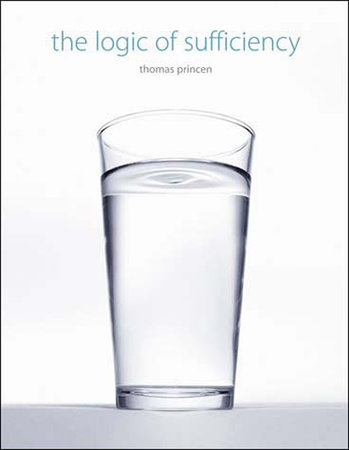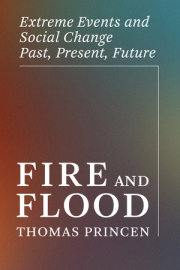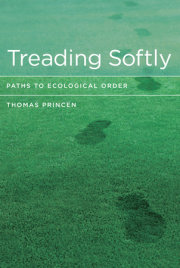What if modern society put a priority on the material security of its citizens and the ecological integrity of its resource base? What if it took ecological constraint as a given, not a hindrance but a source of long-term economic security? How would it organize itself, structure its industry, shape its consumption?
Across time and across cultures, people actually have adapted to ecological constraint. They have changed behavior; they have built institutions. And they have developed norms and principles for their time. Today's environmental challenges—at once global, technological, and commercial—require new behaviors, new institutions, and new principles.
In this highly original work, Thomas Princen builds one such principle: sufficiency. Sufficiency is not about denial, not about sacrifice or doing without. Rather, when resource depletion and overconsumption are real, sufficiency is about doing well. It is about good work and good governance; it is about goods that are good only to a point.
With examples ranging from timbering and fishing to automobility and meat production, Princen shows that sufficiency is perfectly sensible and yet absolutely contrary to modern society's dominant principle, efficiency. He argues that seeking enough when more is possible is both intuitive and rational—personally, organizationally and ecologically rational. And under global ecological constraint, it is ethical. Over the long term, an economy—indeed a society—cannot operate as if there's never enough and never too much.





